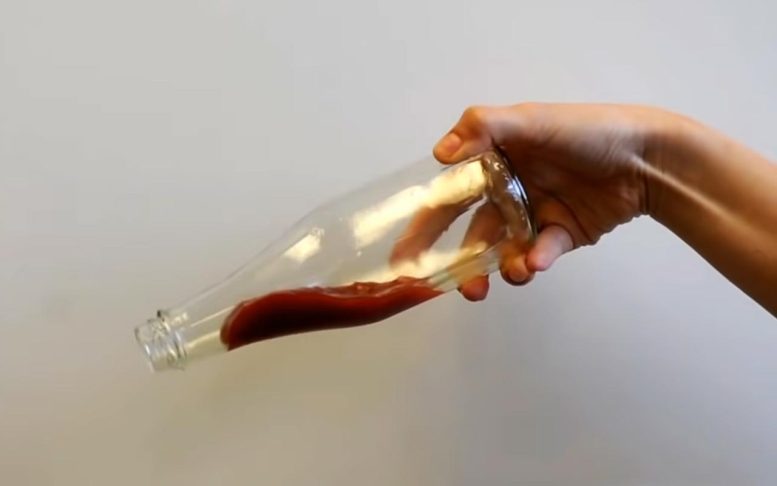
Ketchup slides out of a bottle that has the food-based, nontoxic LiquiGlide coating on the inside. Credit: Courtesy of the Varanasi Research Group
For anyone that has suffered through the agonizing task of squeezing out those last few drops from the condiment jar, your troubles may soon be over. LiquiGlide, a nontoxic, nonstick, super slippery coating for the inside of condiment bottles, sends condiments out of their jars with a simple tilt of the hand, preventing waste and increasing recycling rates.
The Varanasi Research Group, led by Associate Professor Kripa Varanasi, took a break from researching super slippery and super non-wetting coatings for equipment such as steam turbines and airplanes to present its newest invention at this year’s $100K competition: LiquiGlide, a nontoxic, nonstick, super slippery coating for the inside of condiment bottles. Made from food materials, LiquiGlide is easy to apply to food packaging and prevents stubborn condiments from sticking on their way out.
For food sauce companies — and their customers — easy removal of condiments is a constant challenge. Most people have experienced the frustration that comes with struggling to expel a condiment such as ketchup, mustard, or mayonnaise with furious shaking, messy rummaging or pure brute force. Now, a simple tilt of the hand sends condiments sliding out.
“Our research group is mainly focused on big issues in energy, water, and transportation,” Varanasi says, “but we found that bottles are no small thing, with the worldwide condiment market comprising about 17 billion bottles.”
With a market that big, small additional costs such as the 20-cent charge customers pay for the special cap on upside-down bottles can add up to billions of dollars. Just as important, eliminating those special caps can reduce the need for plastic by about 25,000 tons. LiquiGlide can save food by ensuring that none is wasted and increase recycling rates by removing all food remnants.
The project was named runner-up in the MIT $100K competition, but the team took home the Audience Choice Award — and accompanying $2,000 prize — for the consumer-friendly invention. In the weeks since, the product has garnered national media attention from outlets such as NPR, ABC News, the Chicago Tribune, The Wall Street Journal, and CNN, among many others.
Along with Varanasi, the LiquiGlide team is J. David Smith, Christopher J. Love, Adam Paxson, Brian Solomon, and Rajeev Dhiman.


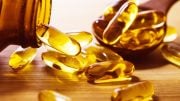
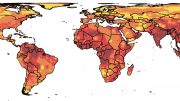


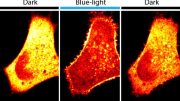
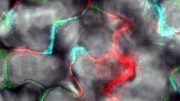

I’m very sceptical of all the food additives. As an immunologist/allergologist I think all those chemicals will have a definite negative impact on the human genetic makeup in a couple of generations. Many youngsters are hypersensitive to food that was “normal” only 10 years ago like peanuts, lactose, etc.